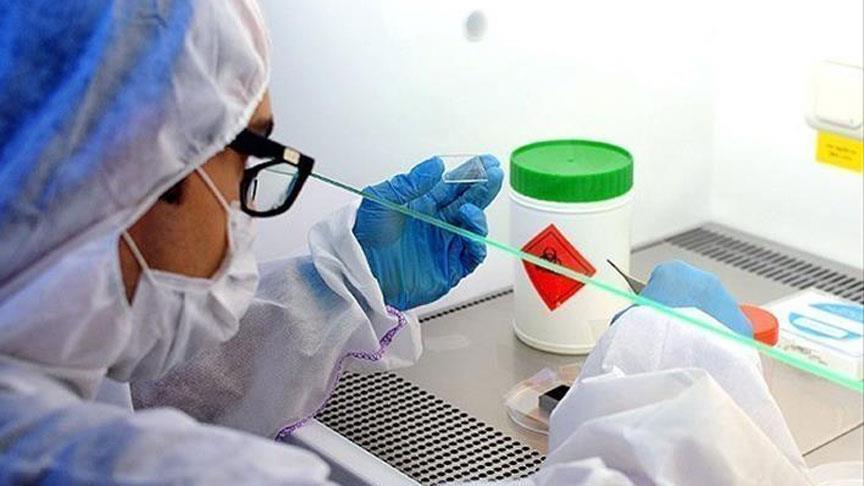If seeing someone mid-yawn makes you involuntarily stretch out your mouth, you're not alone. In fact, you're among the 60-70% of people who find that seeing a person yawn in real life or a photo—or even reading about it—compels them to do the same thing.
Axar.az reports citing TIME.
While a whole assortment of creatures, including hippos, pigs, snakes, chimpanzees and sharks, have been known to yawn, fewer species have been proven to "catch" yawns off one another in the way that humans (and even dogs) are prone to do.
For a long time, scientists believed that all yawning was a precursor to sleep, but recent research has suggested that the act bears no relation to dipping energy levels. Instead, catching yawns on a regular basis seems to indicate more about your personality than your sleepiness. Here are some of the leading theories to answer the age-old question: Why is yawning so contagious?
Yawning is a sign of empathy
Catching yawns may be an unconscious sign that you're attuned to other people's emotions, in the same way you might automatically smile or frown at someone when they do the same to you. Researchers from the University of Connecticut backed up this theory in a small 2010 study, where they found that most children did not begin so-called "contagious yawning" until they were around four years old—generally the age when empathy skills begin to develop.
The study's authors also found that young people with autism, who may have trouble feeling empathy, were less likely to yawn contagiously than their peers without autism; children who showed more severe autistic symptoms were much less likely to yawn contagiously than those with milder symptoms.
It's still a controversial theory, and more research is needed. But a 2015 report found that people with certain psychopathic traits may be less likely to catch a yawn from others. After taking a standard psychological personality test, 135 college students were shown 10-second video clips of different facial movements including yawning. The test showed that the less empathy a person had, the less likely he or she was to catch a yawn.
"What we found tells us there is a neurological connection—some overlap—between psychopathy and contagious yawning," said Brian Rundle, a psychology and neuroscience doctoral student at Baylor University and the study's lead researcher. "This is a good starting point to ask more questions."
Your brain is hardwired to do it
Another theory claims that contagious yawning is a primitive form of unconscious communication and bonding that helped our ancestors stay safe and avoid danger long ago, far before smoke signals and Skype.
A 2010 study demonstrated that the number of times small parrots yawn contagiously increases when the temperature increases. In the study, 16 birds were exposed to four 10-minute periods of changing temperatures, and their yawning was found to positively correlate with ambient temperatures during the trial. This behavior, the researchers think, might serve as a warning sign to others of potential threats.
You're just young
Studies show that the younger you are, the more likely you are to catch yawns off your co-workers. In one study of 328 people who were shown a three-minute video of people yawning, 82% of people under 25 contagiously yawned, while just 60% of people ages 25 to 49 contagiously yawned. Only 41% of people over age 50 were contagious yawners.More research is needed, but the study authors speculate that people may generally become less susceptible to contagious yawning as they age, possibly because they pay less attention to the behavior in others.






















































